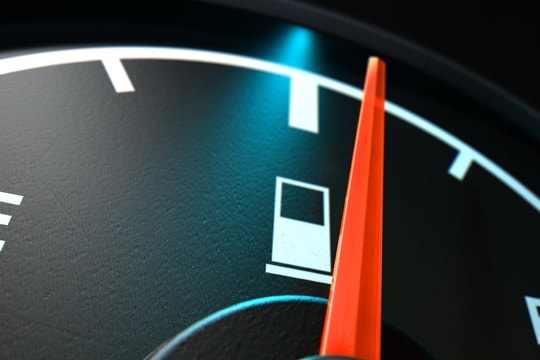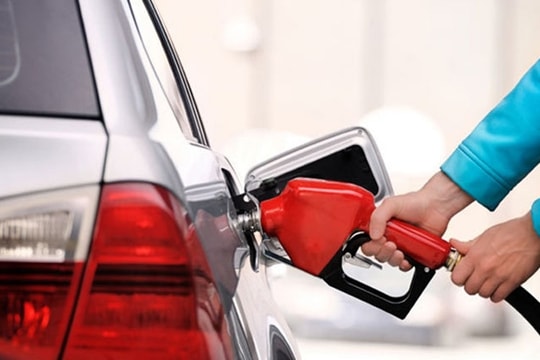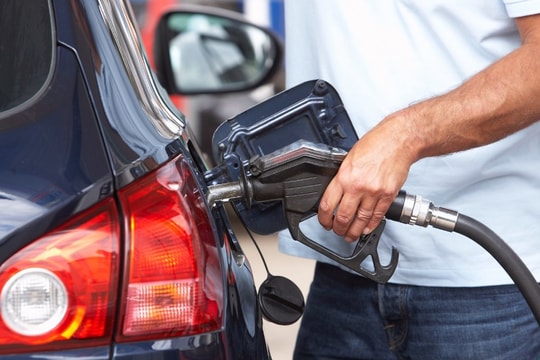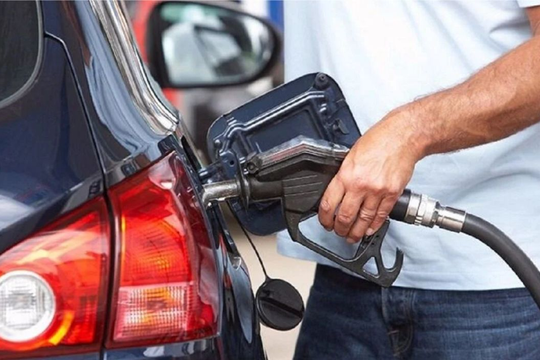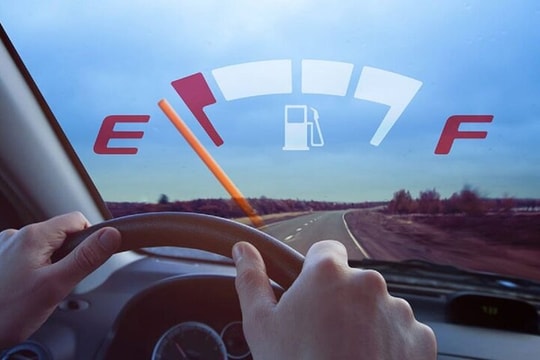Small tips to save gas, simple but extremely effective
Riding a motorbike without knowing how will quickly damage the vehicle and especially waste gas. To save gas, you should "pocket" the following tips.
Run at a steady speed
You should maintain a steady speed, avoid sudden braking or sudden acceleration. On urban roads, you need to keep a distance of about 2 meters from the vehicle in front, observe red lights from afar to gradually reduce the throttle.
Remote deceleration
Practice observing and reducing the throttle in advance in situations that require slowing down such as crowded roads, red lights, etc. The car will gradually slow down using the engine. When approaching the position where the car needs to stop, use both the foot brake and hand brake to achieve the most effective and safe braking.
Check tire pressure
You should use tires with moderate pressure, under-inflated tires will waste gas, over-inflated tires will make the car bumpy and lose smoothness when operating.
|
| To save gas, remember to maintain your car regularly. Illustration photo |
Turn off the engine at red lights
Turning off the engine when stopping at a red light for more than 30 seconds not only saves fuel but also helps protect the environment. When stopping at a red light, the car still consumes a certain amount of fuel while moving if the engine is not turned off.
Avoid potholes on the road
Potholes on the road will cause damage to the engine, sudden changes in speed, and rapid reduction in throttle, causing more fuel consumption. Therefore, when driving on the road, please pay attention to avoid potholes.
Determine the route before departure
Before you leave, determine your exact destination and clear roads. Determining your route before you go will help you save a significant amount of gas compared to going without a plan.
Fill up gas properly
Filling up in the morning will save you money because this is when the temperature is low, causing the gasoline to shrink to its true capacity.
Regular vehicle maintenance and warranty
During the first 2 years after purchasing the car, you should regularly maintain it according to the manufacturer's schedule. The maintenance technicians will help you fix any errors or problems that may arise during the initial period of purchasing the car.
An efficient engine will help save more fuel. Therefore, you should remember to change the oil every 1,000km - 1,200km and change the engine oil every 4,000km to ensure the car operates in the best environment.


